How Eating Disorders Can Lead to Addiction
Last Updated on November 4, 2021

Table of contents
- What is an eating disorder?
- Types of eating disorders associated with addiction
- Who is most affected?
- Similarities between addiction and eating disorders
- How can eating disorders lead to addiction?
- Common signs and symptoms of eating disorders and addiction
- Treatment for eating disorders and addiction
- Evidence-based treatment at Nova Recovery Center
Many people with eating disorders turn to drugs or alcohol to ease their emotional or physical pain or to help them reach their weight loss goals. Unfortunately, these self-destructive behaviors only fuel each other and worsen the person’s state of mind, overall health, and well-being.
Understanding eating disorders and addiction and how they fuel each other can help you get the right type of help and treatment to recover. So, let’s dive in to learn more.
Related post: Individualized Addiction Treatment: Why It’s Essential for Recovery
What is an eating disorder?
The American Psychiatric Association defines eating disorders as behavioral conditions that cause persistent harmful eating habits, distress, and negative emotions related to eating.1 Eating disorders can be very serious and threaten your physical and psychological health, as well as your social relationships.
People with these disorders typically engage in one or more of the following behaviors, which can become extremely driven, similar to addiction:
- Severely restricting eating
- Avoiding certain foods
- Binge eating
- Purging
- Compulsive exercise
- Being preoccupied with food, weight, or shape
- Having anxiety about eating or the consequences of eating certain foods
Eating disorders often co-occur with other psychiatric disorders, like anxiety disorders or obsessive-compulsive disorder (OCD). People often suffer from addiction and eating disorders simultaneously too. Some individuals may be more likely to struggle with eating disorders due to their genetics. Still, other factors like relationship problems, stress, and poor emotional health can play a role too.2
Types of eating disorders associated with addiction
There are several different kinds of eating disorders, but three main types that may be associated with addiction include:
Anorexia nervosa
People with anorexia nervosa see themselves as “fat” or overweight, even when they aren’t. They may drastically restrict their calorie intake, weigh themselves obsessively, abuse laxatives, or engage in other restrictive diets to lose weight.3
Bulimia nervosa
Sometimes also just called “bulimia,” bulimia nervosa is characterized by a lack of self-control over eating habits. People with bulimia tend to eat a large amount of food and then purge it shortly after by vomiting. The goal is to avoid absorbing any of the calories from the food. People with this eating disorder may have frequent binge/purge episodes and may use laxatives, fast, or exercise excessively to avoid gaining any weight.4
Binge eating disorder
Similarly, people with binge eating disorder lack self-control when it comes to overeating. They often eat a large amount of food in a brief period of time when they are not hungry. They may also eat until they are uncomfortably full. Since they do not purge the food, so they are typically very overweight or obese. However, they may continue binging because they feel like they have no control over their eating habits.5 People with this disorder may steal or hoard food and may experience feelings of disgust, depression, or guilt after overeating, and feelings of low self-esteem.
Who is most affected?
Most often, eating disorders develop when you’re a teen or a young adult. They are common among women but can affect people of any gender. According to the National Eating Disorders Association, national surveys estimate that 20 million women and 10 million men in America will have an eating disorder at some point in their lives.6
Similarities between addiction and eating disorders
Addiction and eating disorders share similarities, which helps explain why they often co-occur and why it’s important to treat both conditions simultaneously for a full recovery. For example, both addiction and eating disorders involve compulsive behaviors. People who suffer from binge eating disorder may feel pleasure when consuming a chocolate milkshake, but they might also feel an uncontrollable urge to have three of them instead of just one. Similarly, someone struggling with anorexia may feel compelled to exercise three times a day instead of once.
Another similarity between addiction and eating disorders is that people often engage in these self-destructive behaviors to cope with negative emotions, trauma, or poor mental health, including poor self-esteem.
Both addiction and eating disorders also share the following characteristics:
- Extreme preoccupation
- Cravings and rituals
- Mood-altering side effects
- Secretive behavior
- Isolation from others
Although addiction and eating disorders are similar in many ways, they are not the same behavioral problem.7 Each condition needs to be addressed independently and simultaneously if a person struggles with both.
How can eating disorders lead to addiction?
Someone who struggles with an eating disorder is also likely to suffer from mental illness, making them more likely to develop an addiction. Sometimes, individuals may also abuse drugs or alcohol to suppress their appetite. For example, a person may abuse stimulants or “slim pills” (also known as diet pills) to lose weight. However, chronic misuse of OTC and prescription stimulants or slim pills can cause physical and psychological addiction.
People recovering from an eating disorder may also develop a substance use disorder to self-medicate due to intense emotions. Conversely, individuals recovering from a substance use disorder may develop an eating disorder as they attempt to control their psychological experience.
According to the Substance Abuse and Mental Health Services Administration (SAMHSA), women with either a substance use disorder or an eating disorder were more than four times as likely to develop the other disorder as were women who had neither disorder. Additionally, 14 percent of women with a substance use disorder had anorexia, and 14 percent had bulimia.8
Common signs and symptoms of eating disorders and addiction
Addiction and eating disorders share some common signs and symptoms that a person is struggling. Below, we provided a chart that lists common behavioral and physical signs of both.9.10
Physical signs of eating disorders:
- Weight fluctuations
- Menstrual irregularities
- Acid reflux
- Stomach cramps
- Difficulty concentrating
- Dizziness/fainting
- Feeling cold all the time
- Sleep problems
- Cuts and calluses across the tops of finger joints (a result of purging)
- Dental problems
- Dry skin, hair, and brittle nails
- Fine hair on the body
- Muscle weakness
- Poor wound healing
- Impaired immune functioning
Physical signs of and addiction:
- Bloodshot eyes, pupils larger or smaller than usual
- Changes in appetite or sleep patterns
- Deterioration of physical appearance, personal grooming habits
- Runny nose or sniffling
- Sudden weight loss or weight gain
- Tremors
- Slurred speech
- Impaired coordination
- Unusual odors on breath, body, or clothing
- Difficulty concentrating
Behavioral/psychological signs of eating disorders:
- Preoccupation with weight, food, and dieting
- Refusal to eat certain foods or categories of foods
- Appears uncomfortable eating around others
- Food rituals (only eating a particular food or food group, excessive chewing, not allowing foods to touch)
- Skipping meals or taking small portions of food at regular meals
- New practices with food or fad diets, including cutting out entire food groups (no sugar, no carbs, no dairy, vegetarianism/veganism)
- Withdrawal from usual friends and activities
- Frequent dieting
- Extreme concern with body size and shape Frequent checking in the mirror for perceived flaws in appearance
- Extreme mood swings
Behavioral/psychological signs of addiction:
- Relationship problems
- Secretive or suspicious behaviors
- Legal trouble, including fights, accidents, illegal activities, and driving under the influence
- Neglecting responsibilities at work, school, or home, including neglecting one’s children
- Sudden change in friends, favorite hangouts, and hobbies
- Unexplained need for money or financial problems
- Using drugs under dangerous conditions (driving while using drugs, using dirty needles, having unprotected sex)
- Increased drug tolerance (needing more to achieve the desired effects)
- Misusing drugs to avoid or relieve withdrawal symptoms
- Using more drugs and intended or being unable to stop
- Always thinking of using, figuring how to get more, or recovering from use
- Abandoning enjoyable activities and hobbies to use drugs
- Continuing to use regardless of negative consequences
- Appearing fearful, anxious, or paranoid, with no reason
- Lack of motivation
- Periods of unusual increased energy, nervousness, or instability
- Sudden mood swings, increased irritability, or angry outbursts
- Unexplained change in personality or attitude
Treatment for eating disorders and addiction
In short, both addiction and eating disorders are chronic, relapsing diseases, so it’s important to get treatment for both of them as quickly as possible. People who receive long-term and aggressive care for both conditions have the best chance of achieving lasting recovery.
Intensive one-on-one therapy can help you or a loved one overcome their addiction and eating disorder. Some other types of treatment methods that may help include:
- Cognitive-behavioral therapy: Addresses harmful thoughts, attitudes, and beliefs that contribute to self-destructive behavior.
- Dialectical behavioral therapy: Focuses on using mindfulness practice, distress tolerance, emotional regulation, and relationship-building tools to reduce unwanted behaviors.
- 12-Step Facilitation Therapy: Uses the 12-Step Program (and its principles) to help people overcome their addiction and develop a healthier lifestyle.
Residential treatment for addiction and eating disorders is often the best type of care because it provides 24/7 support and care for people suffering from these disorders. The supportive environment and individualized treatment program also help individuals stay on track and establish healthier lifestyles and habits.
Related post: An In-Depth Overview of Drug Use and Co-Occurring Disorders
Evidence-based treatment at Nova Recovery Center
To conclude, if you or a loved one is struggling with a co-occurring eating disorder and addiction, Nova Recovery Center can help. We offer evidence-based and research-based treatment for addiction as well as common co-occurring conditions. Our expert treatment team has the knowledge, experience, and compassion to help you overcome your demons.
You don’t have to live your life like this anymore. Let us help you create a new life full of meaning and purpose. Please call (888) 427-4932 today to get started.
References:
- https://www.psychiatry.org/patients-families/eating-disorders/what-are-eating-disorders
- https://www.mayoclinic.org/diseases-conditions/eating-disorders/symptoms-causes/syc-20353603
- https://www.medicalnewstoday.com/articles/267432
- https://www.mayoclinic.org/diseases-conditions/bulimia/symptoms-causes/syc-20353615
- https://www.niddk.nih.gov/health-information/weight-management/binge-eating-disorder/definition-facts
- https://www.nationaleatingdisorders.org/what-are-eating-disorders
- https://www.health.com/condition/bulimia/are-eating-disorders-a-form-of-substance-abuse
- https://store.samhsa.gov/sites/default/files/d7/priv/sma10-4617.pdf
- https://www.nationaleatingdisorders.org/warning-signs-and-symptoms
- https://www.ihs.gov/asap/familyfriends/warningsignsdrug/
Call Us Now and Begin Healing at (512) 605-2955
Or text us and we will call you right back.
Not quite ready for a call? You can fill out the form below.
What Makes Us Different
- Gender-specific treatment
- Evidenced-based treatment
- 12-Step immersion
- 90-day residential treatment
- Family program
- Full continuum of care
- Insurance and private pay
100% Confidential Guarantee
Confidential Consultation
Nova Recovery Center is dedicated to helping you or your loved one get help. Please call or fill out this form for a confidential consultation.
One of our understanding, dedicated advisors will contact you about your options. Begin healing today.
Nova Recovery Center is dedicated to helping you or your loved one get help. Please call or fill out this form for a confidential consultation. One of our understanding, dedicated advisors will contact you about your options. Begin healing today.





